

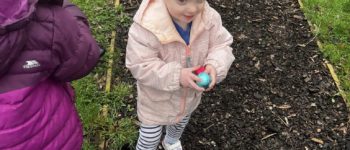
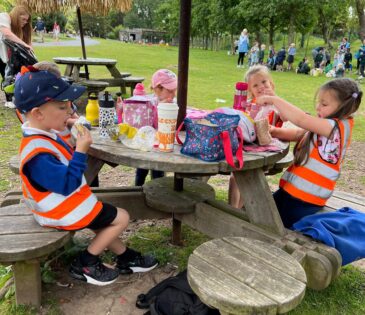

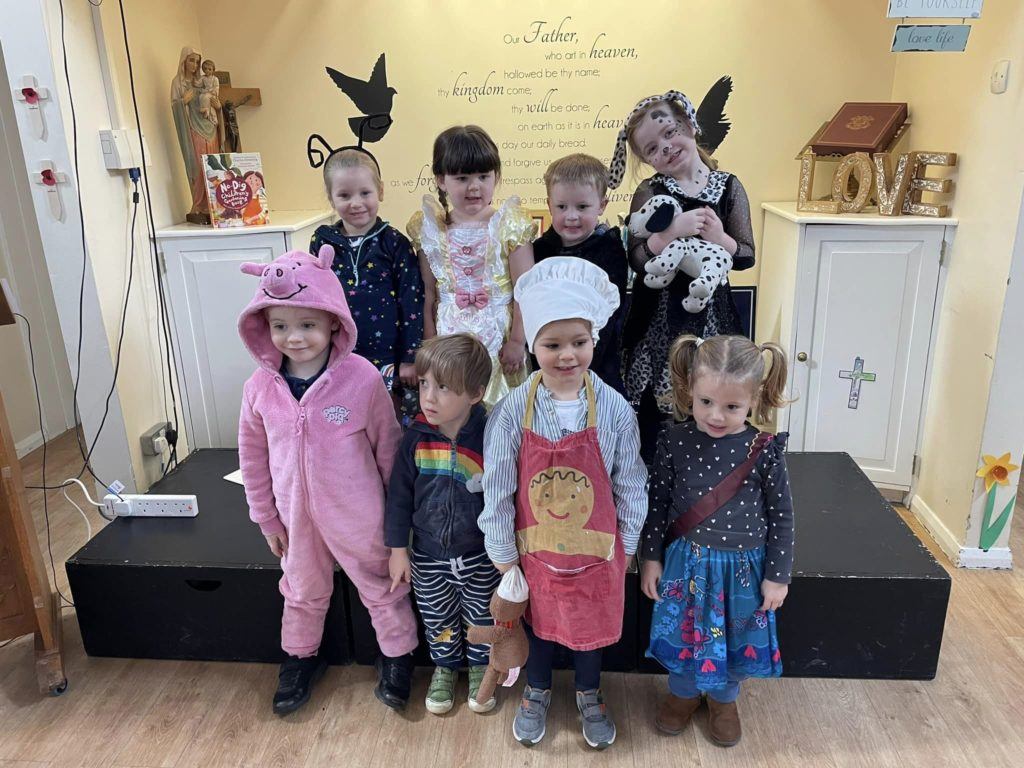

Early Years Foundation Stage Profile Handbook
Welcome to St. Mary’s Pre-School – Policy and Procedures
Dear Parents/Carers.
Welcome to St. Mary’s Catholic Primary and Pre-School.
We have a few spaces available in the mornings and afternoons but they are filling up very quickly. If you are considering St. Mary’s as a choice of Pre-school, please call the school office on 01995 61367 to arrange a visit with your little one. You will be made very welcome into our very special setting. All visits are an extremely important part of the induction process to aid a calm and smooth transition where we will be able to learn everything we need to know to become a partner in your child’s learning and development. If you decide to send you child to our setting, we will arrange a parent consultation for you to meet with staff and your child’s key worker in order to learn as much as we can about your child. You are your child’s first and foremost educator and you know your child better than anyone possibly could. We look forward to working with you and your child!
Mrs Morris (Headteacher)
Session times Monday – Friday
| Morning session | 8.45-11.45am | £13.00 |
| Afternoon Session | 12.15-3.15 pm | £13.00 |
| Full Day | 8.45-3.15pm | £28 |
Lunch can be provided by school at a cost of £2.40 per day or your child can bring a packed lunch. Breakfast club begins at 7.30-8.45am. Please enquire in school for the cost of this for pre-school children.
Charging and Remissions
Vouchers are accepted for qualifying 2 and 3 year olds. Please contact our school office for more information.
30 hour places are available.
Staffing in the Pre-School
Mrs Mary Morris (Head teacher)
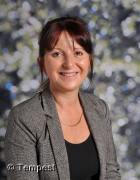
Mrs Alex Jardine (Reception Teacher)
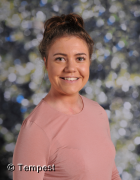
Mrs Helen Hutchings (Pre-school manager)
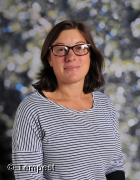
Mrs Lizzie Charnley (Pre-school staff)
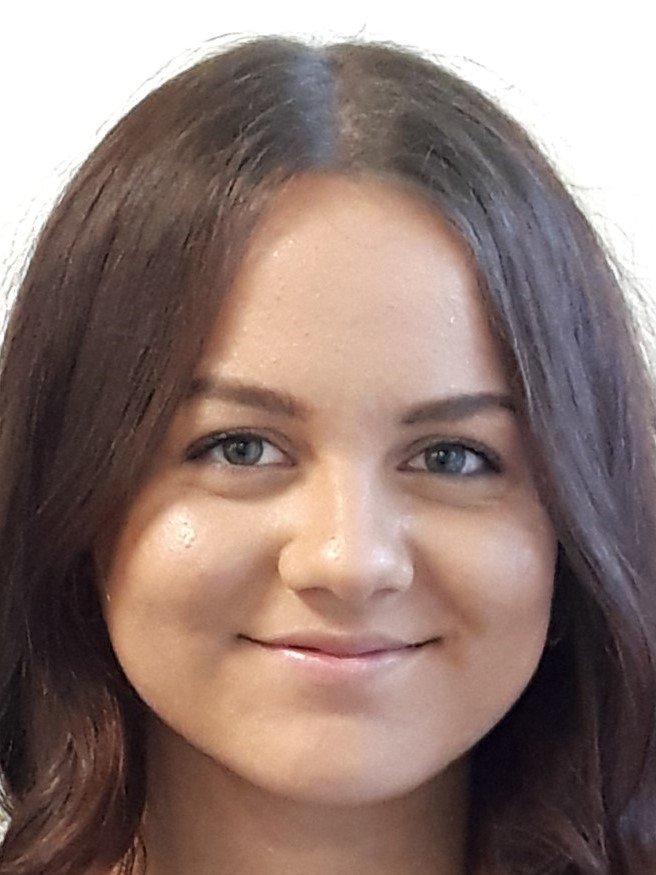
Mrs Sarah Byrne (Pre-school staff)
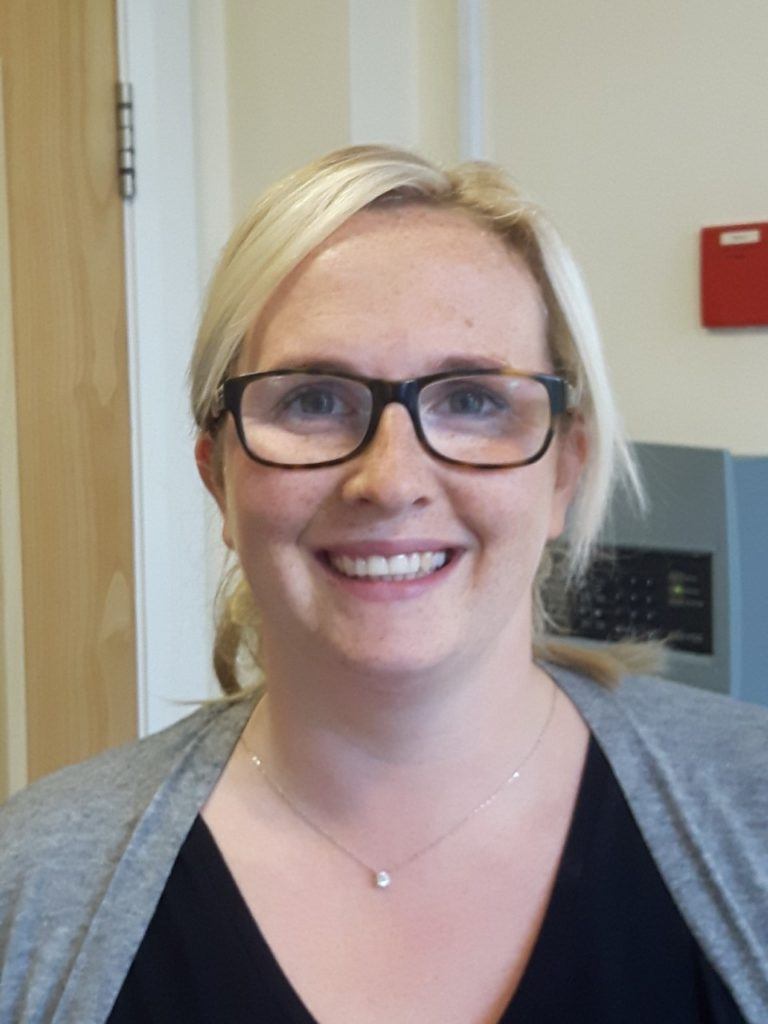
Communications
We are proud of the links between school and home. The partnership between the EYFS staff and parents is crucial in supporting children’s learning. Informal discussions before and after pre-school are invaluable and are a great way of communicating information about your child.We see each other every day, which is a great opportunity to chat about your child’s learning, development or any concerns. Please do not hesitate to contact us with any concerns or questions you may have. You can phone school or make an appointment to meet your child’s key person or any member of staff at your convenience. There are three parents’ evenings per year, where we discuss progress and next steps in your child’s development and we can communicate daily in your child’s diary. A final EYFS development progress report is given to you at the end of the school year. If you would like to discuss an aspect of your child’s development in depth, please arrange a mutually convenient and pre-arranged time.
Aims of Induction
You are welcome to visit school any time and to discuss the induction process as we want your child to feel that they are familiar with the Pre-School surroundings and to know their key person before starting. You and your child can come to drop in for ‘stay and play sessions’ and to see the Pre-School classroom. This is the time when you can book a ‘parent consultation’ with your key person and staff in the Pre-School and we can ask questions to give us as much information about your child’s interests, needs and hobbies.
Structure Of The Day
Session 1
8:45 Self registration and carpet meeting time
9:00 Planned play and activities with keyperson indoors and out
10:30 Healthy snack
10.45 EYFS curriculum learning through play
11.30 Tidy up time/story / sign out/show and tell
11.45am Home time
Water and drinks available throughout
Lunchtime
Lunch time 11.45am – 12.15pm. You can send your child with a packed lunch or children are welcome to have a school dinner for an additional cost of £2.40.
Session 2
12:15 Self registration and carpet meeting time
12.30 Planned play and activities with key person indoors and out
14:15 EYFS curriculum learning through play
14:45 Tidy up/story/sign out/show and tell
15:15pm Home time
Water and drinks available throughout
EYFS Policies and Documents
We follow the ‘Early Years Foundation Stage’ Curriculum. This is the same curriculum as we follow in our Reception Class. We use Development Matters to plan for children’s learning to ensure we plan for next steps in development. These are for all seven areas of the curriculum. The seven areas of the curriculum are broken down further and in total there are 17 Early Learning Goals. You can find information on this on our Pre-School page.
Putting Principles into Practice!
A Unique child:
Every child is a competent learner from birth who can be resilient, capable, confident and self-assured. We embrace your child’s unique personalities and welcome difference.
Positive Relationships:
Children learn to be strong and independent from a base of loving and secure relationships with parents and/or a key person.
Enabling Environments:
The environment plays a key role in supporting and extending children’s development and learning. Every area in class is an area for our children to explore and develop their skills, testing, using and applying their existing knowledge to find out more.
Learning and Development:
Children develop and learn in different ways and at different rates and all areas of Learning and Development are equally important and inter-connected. Your child will have a ‘learning journey’ file to store and track all of these precious moments.
We are ‘laying the foundations’ for successful and happy learning throughout your child’s school life and beyond. We are teaching your child about how to learn and we want them to know that learning is exciting and fun! We have planning meetings with the children to take into account their ever changing interests and we record your children’s ideas and interests in a big book of planning. Our activities are carefully planned to help your child to develop as a whole person – as someone who will love to learn.
To be effective, our Early Year’s curriculum is carefully structured. It has;
The EYFS curriculum is based on seven areas of learning :
Personal, Social and Emotional Development
Communication and Language
Physical Development
Literacy
Mathematics
Understanding the World
Expressive Arts and Design
Prime Areas
Personal, Social and Emotional Development: Self -confidence and self- awareness, Managing feelings and behaviour and Making relationships.
Physical Development: Moving and Handling and Health and Self Care.
Communication and Language: Listening and attention, Speaking and Understanding.
Specific Areas
Literacy: Reading and Writing.
Mathematics: Number and Shape, Space and Measures.
Understanding of the world: People and Communities, The World and Technology.
Expressive Art & Design: Exploring and using media and materials and Being Imaginative.
Communication and Language
To give all children the best opportunities for effective development and learning in communication and language, we will provide opportunities for children to communicate thoughts, ideas and feelings and build up relationships with adults and each other. Being able to use talk to organise, sequence and clarify thinking, ideas, feelings and events is crucial in developing your child’s literacy skills. To develop attention, understanding and explanations.
Personal, Social and Emotional Development
Successful personal, social and emotional development is critical for very young children in all aspects of their lives, and gives them the best opportunity for success in all other areas of learning. It is crucial that we provide the experience and support to enable your child to develop a positive sense of themselves.
At St. Mary’s Pre-school your child will be encouraged to –
Literacy
Children will share and enjoy a wide range of rhymes, music, songs, poetry, stories and non –fiction books.
They will experiment with writing for themselves through mark making, personal writing symbols and conventional script and will be engaged in high quality phonics activities to develop their knowledge and understanding of letters and sounds. Children will learn to read and write simple sentences using skills of segmenting and blending.
Mathematics
This area of learning includes counting, sorting, matching, seeking patterns, estimating, making connections, recognising relationships and working with numbers, shapes, space and measures.
Mathematical understanding will be developed through stories, songs, games and imaginative play, so that children enjoy using and experimenting with numbers. Every opportunity is seized to use mathematical vocabulary and to solve mathematical problems in real- life situations, where your child can apply their mathematical thinking!
Understanding of the World
Young children are finding out more and more about the world they live in and the people they encounter. Children acquire a range of skills, knowledge and attitudes related to knowledge and understanding of the world in many ways.
They learn skills necessary to this area of learning by using a range of tools, for example computers, magnifiers, gardening tools, scissors, hole punchers and screwdrivers. They learn by encountering creatures, people, plants and objects in their natural environments and in real life situations, for example in the shop or in the garden. They will work with a range of materials in their activities, for example wet and dry sand, coloured and clear liquids, compost, gravel and clay.
Your child will be involved in exploration and investigation activities (Science), designing and making (DT), ICT, develop a sense of time (History) and place (Geography) and develop an understanding of their own cultures and beliefs and those of other people.
At St. Mary’s Pre-school, we plan for all children to participate in the activities provided. We encourage both boys and girls to use construction equipment, engage in role-play, use ICT and undertake investigation and design tasks equally.
Children with special educational needs and/or disabilities will be provided with access to appropriate resources.
Information Technology
Your child will be given the opportunities for the use of ICT [Information and Communication Technology] to develop skills across all the areas of learning. For example they will use a talking word processor to develop language and communication, vocabulary and writing,
We encourage children to observe and talk about the use of ICT in the environment, for example traffic lights, telephones, street lights, barcode scanners to identify prices in shops. We also encourage children to show each other how to use ICT equipment. Here at St. Mary’s Pre-school we view ICT as an integral part of the whole curriculum, which opens up an exciting adventure through which children can access learning and make sense of the world around them.
Expressive Arts and Design
Creativity is fundamental to successful learning. Being creative enables children to make connections between one area of learning and another and so extend their understanding. This area of learning includes art, music, dance, role-play and imaginative play. We will give your child the best opportunity for effective creative development by:
Physical Development
Physical development in the foundation stage is about improving skills of co-ordination, control, manipulation and movement. Physical development has two other important aspects. It helps children gain confidence in what they do and enables them to feel the positive benefits of being healthy and active. Effective physical development helps children develop a positive sense of well-being.
Your child will be introduced to appropriate physical challenges, both indoor and outdoors, and given the opportunity to use a wide range of equipment.
Religious Education
In religious education we learn
We listen to music, dance, and eat food from different cultures and use resources in role-play [such as clothes, cooking implements, vegetables, badges, symbols, candles and toys] that reflect a variety of cultures. We invite visitors from a range of different religious and ethnic groups. We follow the Nursery scheme of work –‘ Come and See.’
Statement on Play
Play underpins all development and learning for young children. It is through play that they develop intellectually, creatively, physically, socially and emotionally. Through play, in a secure but challenging environment with effective adult support, children can:
Sometimes play may be quiet and reflective, sometimes energetic and sometimes conflict may occur as a natural process of what is happening. This conflict enables children to develop vital “negotiating” skills which in turn support their social and emotional development. Through play children are actively learning in the following ways:
The Role of the Practitioner in Planned Play
We plan activities with the children based on the children’s interests. Often, once a play situation has been created, a practitioner may choose not to interact with the group but will carefully observe behaviour and language and make assessments accordingly, facilitating learning. Alternatively, where appropriate, a practitioner may lead a play situation making suggestions about extending the child’s experience or by asking appropriate questions. Practitioners may initiate a play situation (e.g. by taking part in role play as a patient in the doctor’s surgery) and then withdraw to observe the children extending ideas and discussing roles.
Effective teaching through play will include the following:-
affects their attitudes to learning.
Outdoor Play
As part of our aim to encourage group interaction and co-operation as well as the development of gross motor skills, we have placed huge emphasis on outdoor play and quality outdoor experiences. This area will be used on a regular basis and developed as funding allows.
Points to Note
Medical Information
Medical forms will be given to you prior to your child starting pre-school. All information given will remain confidential and medicines/inhalers etc can be discussed with staff in the setting.
Reporting sickness
If your child is ill and cannot come to pre-school please let school know by ether a quick phone call to the school office. If we have not from you by 9.30am on the first day of your child’s absence, in the interest of the safety of your child we will contact you.
Water bottles
Research has shown that children who drink plenty of water throughout the day are more able to concentrate. Please send your child to pre-school with a labelled water bottle.
Contact
Finally, we’ve tried to make this a helpful guide to help you through the EYFS process. It is possible that we have overlooked something which you think could have been included. If that is the case, please would you help us to get it right for the future – just speak to either Mrs Cookson in the school office or any of the staff in Pre-School. We are always happy to help.